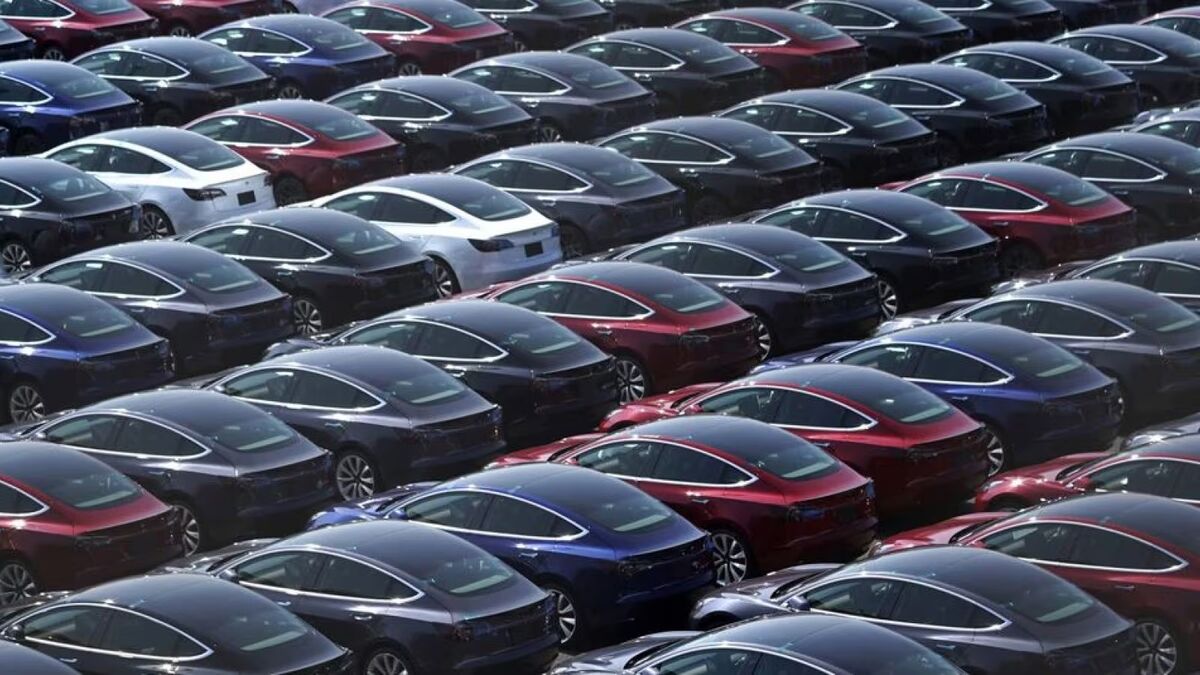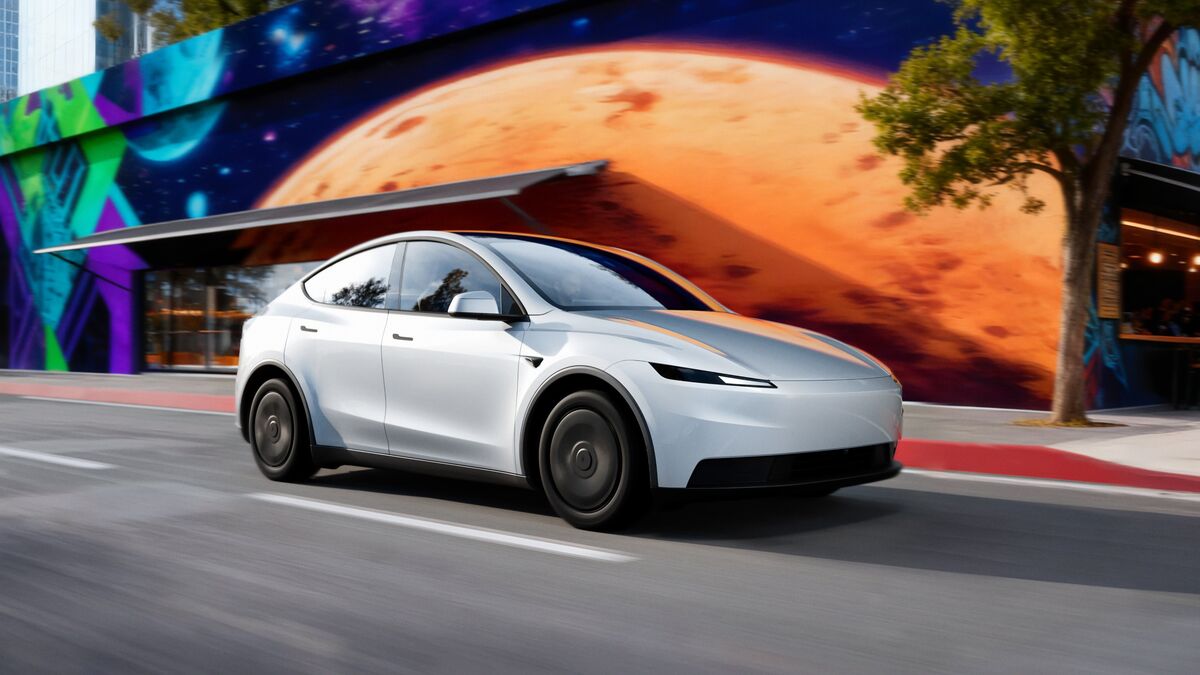Novelty can mislead you. The media tends to report on rare and new things because things that are common and old aren’t very newsworthy. But a few news stories can make an idea — forgive us — catch fire when there isn’t any data to support it.
The UK’s Guardian newspaper is out with a new report that illustrates the idea.
Using data from several countries, the report reveals electric vehicles (EVs) are less likely to catch fire than gas-powered cars.
Related: Study — Electric Vehicles Involved in Fewest Car Fires
Four Data Sources
Examining data from Tesla’s global fleet, Australia, Sweden, and Norway (the country with the highest concentration of electric cars), the paper found “the probability of being caught in an EV fire appears overall to be much lower than for petrol or diesel cars.” The Guardian allows that the numbers could change as more people start to drive electric.
But it notes, “There are millions of electric cars on roads around the world, so some data on the prevalence of fires is emerging.”
Tesla reports, “The number of fires on U.S. roads involving Teslas from 2012 to 2021 was 11 times lower per mile than the figure for all cars.” Tesla, we’d note, has a financial incentive to embellish and a history of exaggeration.
We’re not aware of any conflicts of interest, however, for the Australian defense establishment or Scandinavian governments. They back up the claim.
In Norway, the research found, “there are between four and five times more fires in petrol and diesel cars, according to the Directorate for Social Security and Emergency Preparedness.” The Swedish Civil Contingencies Agency similarly found 68 fires per 100,000 cars of all types but just 3.8 fires per 100,000 EVs or hybrids.
Australia’s Department of Defence researched the same question and found that “there was a 0.0012% chance of a passenger electric vehicle battery catching fire, compared with a 0.1% chance for internal combustion engine cars.”
One Kind of Car Uses Fire to Move
Another source also backs up the finding — common sense.
Internal-combustion-powered cars, after all, are always on fire a little when they’re working. It’s right there in the name. They function thanks to millions of tiny fires. For a gas-powered car to “catch fire,” it just has to fail to contain its fire.
For an electric car to catch fire, a fire has to start.
But Novelty = News Reports
So why do most of us believe EVs are more likely to catch fire?
Probably because when they do, it gets reported in the news. The news no longer bothers to report most car fires.
Paul Christensen, a professor of pure and applied electrochemistry at Newcastle University, tells the Guardian that electric bikes and scooters are part of the problem, too. Those, he notes, often use batteries built by “unregulated, inexperienced manufacturers, or even DIY jobs using internet-sourced parts.”
Major automakers can’t afford to be sloppy about batteries. The one major case we’re aware of when a flaw in a battery led to several EV fires has already cost General Motors about $2 billion. The company subsequently tightened up its testing processes. EV fires are also complicated to fight, “require more water to put out, can burn almost three times hotter,” the Guardian notes.
The number of EVs on the road is still small. Americans are on pace to buy as many as 15 million cars this year, just 1 million electric. So, we’ll get more data on the question over time.
But, for now, the Guardian notes, EVs would have to vastly outnumber internal combustion engines to be responsible for an equal number of combustions.








